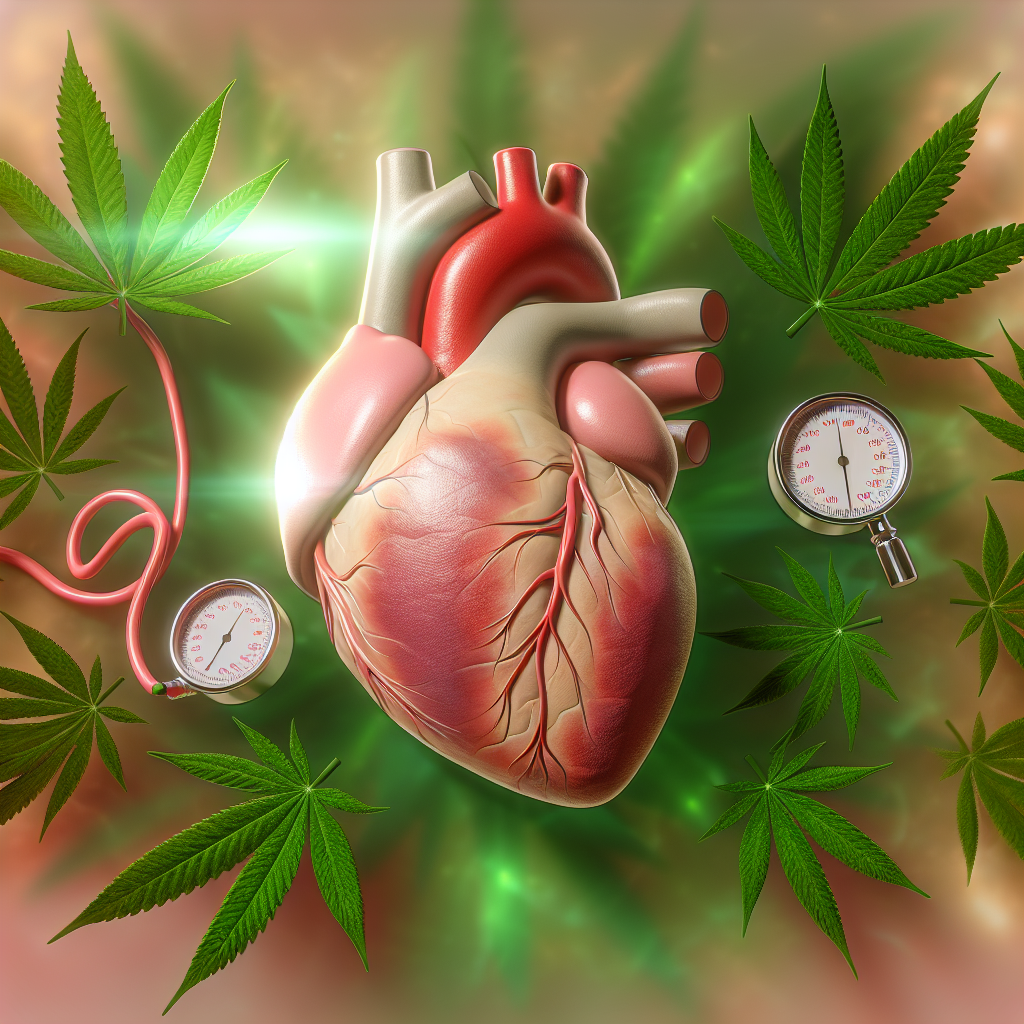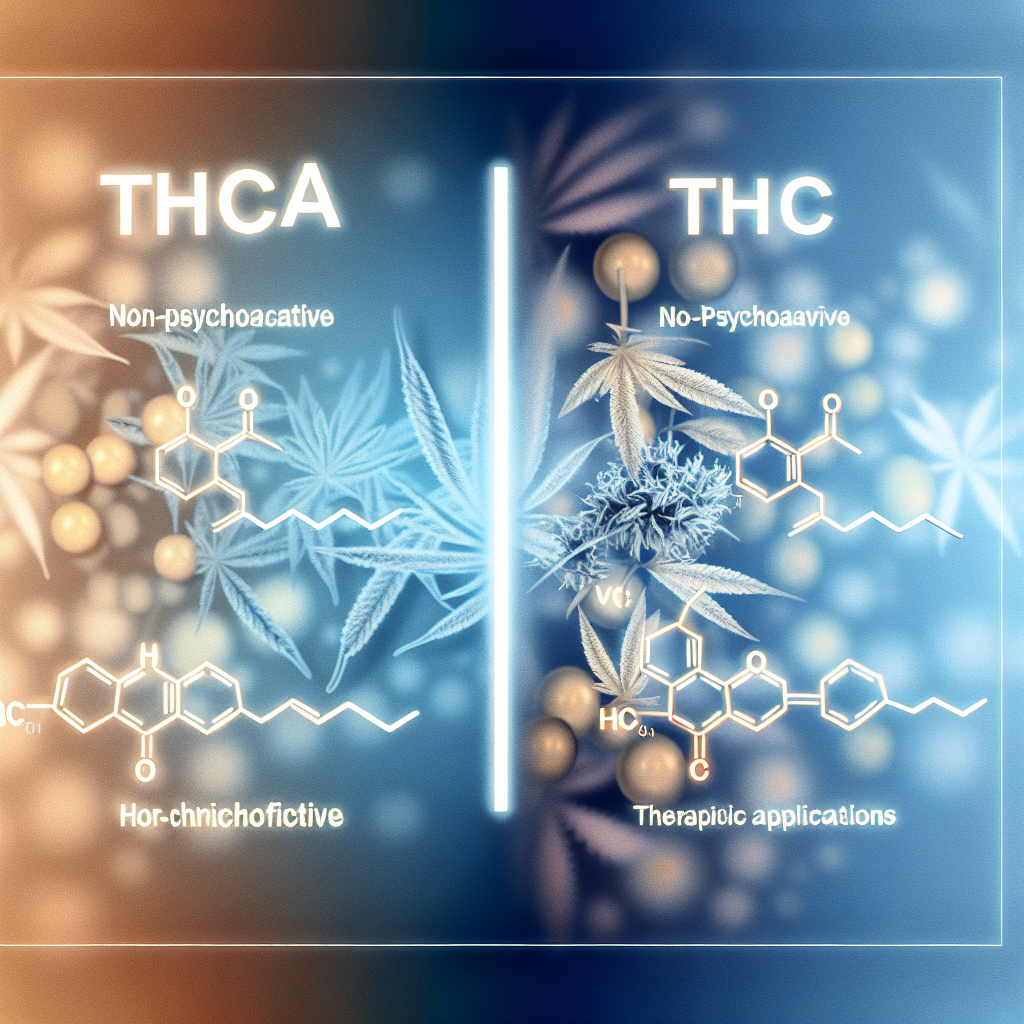Cannabis and Cardiovascular Wellness: Heart Health and Blood Pressure Support
As cannabis evolves from a stigmatized substance to a mainstream wellness tool, understanding its full spectrum of physiological effects has become a focus for both consumers and healthcare professionals. Among the expanding array of potential health benefits tied to cannabis use is its relationship with cardiovascular wellness. With high blood pressure and heart disease remaining leading causes of death worldwide, the potential for cannabis to play a supporting role in heart health sparks intriguing discussion and scientific inquiry.
Cannabis contains over 100 cannabinoids, including THC (tetrahydrocannabinol) and CBD (cannabidiol), which interact with the body’s endocannabinoid system (ECS). This system is deeply involved in maintaining homeostasis and influences various biological processes—including those related to cardiovascular functions such as vasodilation, heart rate, and blood vessel relaxation.
For those already exploring cannabis for pain management, anxiety relief, or sleep support, there is a natural curiosity about whether these benefits extend to the cardiovascular system. Can cannabis reduce blood pressure over time? Does it help regulate heart rate? Or does it pose risks depending on dosage and individual physiology?
Breaking Down the Science: How Cannabis Impacts the Cardiovascular System
A growing body of clinical studies and reviews has started to clarify the interaction between cannabis cannabinoids and cardiovascular health. Key among these is the distinction between THC and CBD, each of which influences cardiovascular function in different ways.
In a 2017 study published in JCI Insight, researchers observed that a single dose of cannabidiol (CBD) reduced resting blood pressure and reduced the blood pressure increase associated with stress in healthy human volunteers. The study concluded that the anxiolytic and analgesic properties of CBD likely contribute to these cardiovascular effects, making it a promising agent for stress-induced blood pressure issues. Read the study here.
Another promising study published in Frontiers in Pharmacology (2020) reviewed the role of the endocannabinoid system in cardiovascular health and disease. The authors noted that endocannabinoids and cannabinoid receptors (CB1 and CB2) influence vascular tone, myocardial contractility, and heart rate modulation. The review emphasized that activation of the CB2 receptor in particular may offer cardioprotective benefits. These CB2 receptors are involved in reducing inflammation, a key factor in atherosclerosis and other chronic cardiovascular conditions. Access the article here.
CBD vs. THC: A Tale of Two Cannabinoids in Cardiovascular Function
Additionally, a 2021 report in the American Journal of Physiology – Heart and Circulatory Physiology explored THC’s impact on heart rate and vascular function. It found that while THC can induce transient increases in heart rate and blood pressure, particularly in naive users, the long-term effects may include the development of tolerance, minimizing cardiovascular stress in habitual users. However, the report stressed caution for individuals with pre-existing conditions, reinforcing the need for dosage mindfulness. View the publication.
For medical professionals, these findings underscore the value of cannabinoid profiling—understanding the relative concentrations of THC, CBD, and other cannabinoids in a given product before recommending or approving use in cardiovascular patients.
Currently, most studies suggest a potential therapeutic role for non-psychoactive cannabinoids like CBD in promoting cardiovascular balance, especially for users managing chronic stress and blood pressure concerns. However, more rigorous, large-scale clinical trials are required to determine optimal dosages, long-term safety, and potential drug interactions.
Medical cannabis professionals now have access to strain databases and lab-tested cannabinoid concentrations to aid in the selection of appropriate formulations aimed at heart health—such as high-CBD tinctures, low-THC flower, or balanced 1:1 products.
Looking Ahead: What Role Will Cannabis Play in Heart Health?
As interest in personalized, integrative medicine grows, the relationship between cannabis and cardiovascular wellness continues to captivate both researchers and consumers. While CBD shows strong potential as a heart-friendly cannabinoid, users should be aware of THC’s dose-dependent effects and consult professionals before incorporating cannabis into a heart health regimen. The key lies in mindful consumption, education, and alignment with current research to harness cannabis’ benefits while minimizing risks.
References
1. Jadoon, K. A., Tan, G. D., & O’Sullivan, S. E. (2017). A single dose of cannabidiol reduces blood pressure in healthy volunteers in a randomized crossover study. *JCI Insight*. https://insight.jci.org/articles/view/93760
2. Pacher, P., & Steffens, S. (2020). The emerging role of the endocannabinoid system in cardiovascular disease. *Frontiers in Pharmacology*. https://www.frontiersin.org/articles/10.3389/fphar.2020.00430/full
3. Palpant, N. J. et al. (2021). Cardiovascular effects of synthetic and plant-derived cannabinoids in health and disease. *American Journal of Physiology – Heart and Circulatory Physiology*. https://journals.physiology.org/doi/full/10.1152/ajpheart.00851.2020
4. Romano, M., & Hazekamp, A. (2020). Cannabis oil: chemical evaluation of an upcoming cannabis-based medicine. *Cannabis and Cannabinoid Research*. https://www.liebertpub.com/doi/10.1089/can.2016.0009
For more information about cannabis-related health topics, visit us at Bluntys.com.
Summary:
The article explores the relationship between cannabis and cardiovascular wellness, examining how the plant’s various cannabinoids, particularly THC and CBD, interact with the body’s endocannabinoid system and influence heart health, blood pressure, and vascular function. It highlights promising research on the potential therapeutic benefits of CBD in managing stress-induced hypertension and promoting cardiovascular balance, while also cautioning about the dose-dependent effects of THC. The article emphasizes the importance of cannabinoid profiling and consulting healthcare professionals before incorporating cannabis into a heart health regimen.




